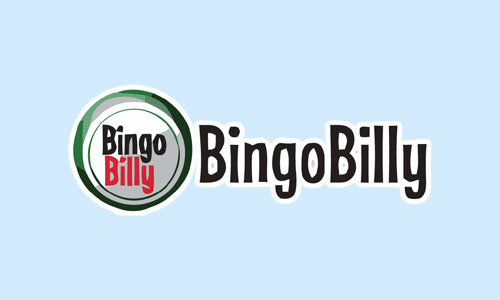Rating 4.5
Double Deposit Bonus up to 350€
1st Deposit - Match bonus up to 200€, 2nd Deposit - Match Bonus up to 150€, 10 daily spins to win a Million, New customers only, Min deposit 10€, Wagering and terms apply
Rating 4.5
Double Deposit Bonus up to 350€
Rating 3.5
Match Bonus up to 500 €
Rating 3.5
1st Deposit Bonus up to $/€200
Rating 4.6
$25 No Deposit, 1600% Bonus + 100 Free Spins

USA Friendly
Rating 4.2
$30 Free no Deposit Bonus + 30 Free Spins!